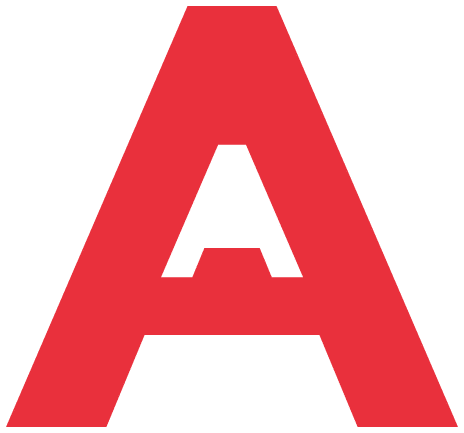The third part of our five-part series. Read the first part here and the second part here.
Part 3: Decision and Self-Awareness
One of the benefits of artificial intelligence is that it helps us take decisions today (or more so in the future) or releases us from them altogether. This sounds sensible and tempting in the face of a real or perceived increasing variety of possibilities. How welcome would a simple app be that would take us by the hand when confronted with the supermarket’s refrigerated section in search of healthy dairy products for the children? Good, better, yogurt! However, developments in artificial intelligence tend to deprive us of decisions of greater importance. Which TV do we buy, where do we invest, how do we treat diseases?
Increasing the power of artificial intelligence brings many benefits. It decides faster and often better than us humans. However, it also carries the risk that we are less concerned with essential issues, that we do a less in-depth analysis, that we stop thinking carefully and strive less for answers that are compelling enough to become a good, binding and compulsory decision. Thus, we lose sovereignty in dealing with things, deprive ourselves of the ability to gain self-awareness and meaning in our actions and experiences. At this point, even a well-intentioned “Search Inside Yourself” seminar cannot help anymore. Today, many different disciplines agree in the endeavor to recreate a feeling of balance, safety and meaning in our actions and our view of the world. Mindfulness, for example, is nowadays a desirable thing in our organisations. However, it is only conceived as a simple concept, which can, at best mask what is missing in a broader context.
In artistic terms, we can see a path to more meaningfulness which has always been naturally equipped in each of us and therefore is open to each of us: artistically acting people bring everything into their work at all times: their knowledge and ability, their creative potential and above all their passion. A passion which they achieve – and this may surprise – through reflection. For the artist, the reflection means to analyse and to abstract, to free yourself from what has been, to distance yourself from what is generally accepted, to change your perspective, to generate ideas and to develop ideas in the exchange with others by constantly questioning, never being too sure. Everything aims to focus, to gain a better understanding, to commit yourself to such a thing that decisions are not only possible but compelling.
Such an understood and practiced reflection is not limited to the formation of judgment and decision-making about a single work but is also the starting point for the mediation between work and Œuvre, value and effect, meaning and objectivity, position and transcendence, work and life. Thus, reflection is the place where both the meaningfulness, so the relation of the work to the world, as well as the self-awareness, so the personal relationship to the world, are negotiated. It is easy to see that it can be risky for the individual, for the organisation, and for a whole society to leave these negotiations to algorithms. We need to know how to assess the ethical concerns of artificial intelligence in order to be at eye level in dealing with it. It is essential to be able to distinguish where and in what form artificial intelligence can be useful and when it limits our chances of self-awareness.
/
To the next part > Automation, Routine, and Play
In the fourth part of our series, we’ll talk about how automation releases us from chores, but at the same time impairs our creativity by eliminating essential routines.
//
This essay is based on our research over the past four years. What makes our findings true-to-life and applicable is that we have conducted more than 100 interviews with artists of all genres to date, but also with scientists of various disciplines and with numerous business representatives. We report on this in detail in our book “Creative Company” (https://creativecompany.ageofartists.de).
///
Image Source: Art Institute Chicago
